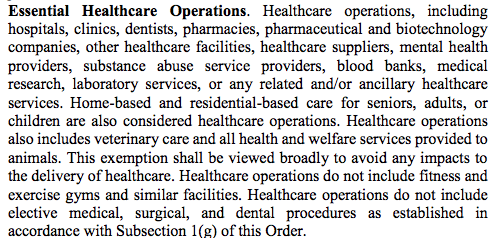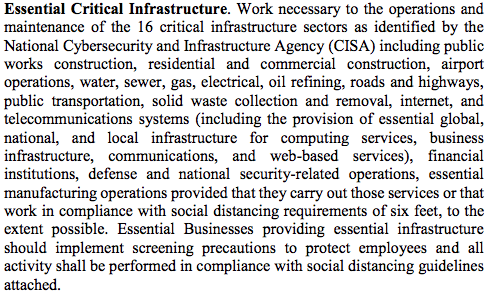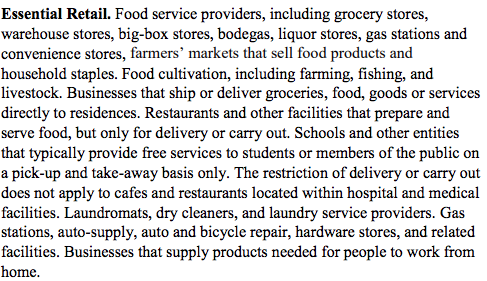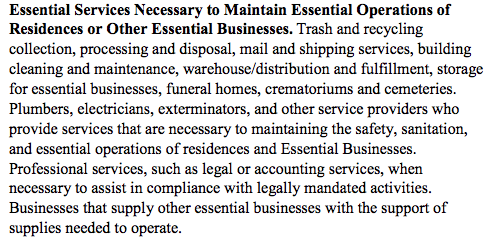The NRLB Chimes in on Non-Competes

A few months ago the NRLB made some noise when it imposed restrictions on non-disparagement and confidentiality provisions in releases/settlement agreements. Now it’s back at it with non-competes following the footsteps of the FTC.
In her memo, General Counsel Jennifer Abruzzo asserted that non-compete agreements impact the ability of employees to exercise their right to quit or change jobs. Though not outright declaring all non-competes unenforceable, she advises limiting their use. So without a doubt the FTC has non-competes in its cross-hairs with the NRLB behind.
At this point we don’t have anything definitive from either agency. What we do have are a number of state legislatures limiting or outlawing non-competes. Yesterday the New York state senate passed non-compete legislation and it is likely to be signed by the governor. New York follows Minnesota and a number of states that enacted legislation in 2022.
Instead of worrying about what the FTC/NRLB may or may not do employers should be focused on changes impacting non-compete law in states where they employ workers. The good news for Texas employers is there are no changes to the Texas non-compete statute this session. We have other things to worry about.









 Employers don’t spend enough time considering their non-competes. That’s an overly broad statement, but it is usually the rule not the exception. The reason that happens kind of makes sense. Most employers haven’t been down the road of enforcing a non-compete. The provision at issue may be a one-off that’s included in one employment agreement or one that has been altered over time. Point is there is no judicial experience with the non-compete. The employer hasn’t actually seen the non-compete in action so there is no history.
Employers don’t spend enough time considering their non-competes. That’s an overly broad statement, but it is usually the rule not the exception. The reason that happens kind of makes sense. Most employers haven’t been down the road of enforcing a non-compete. The provision at issue may be a one-off that’s included in one employment agreement or one that has been altered over time. Point is there is no judicial experience with the non-compete. The employer hasn’t actually seen the non-compete in action so there is no history.




